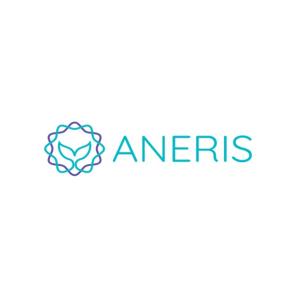 \
&
Contact us
\
&
Contact us
 \
&
Contact us
\
&
Contact us
Published on | 1 year ago
ProgrammesThe results of the 2024 European Research Council (ERC) Proof of Concept (PoC) Grant call (2nd deadline date 17 September 2024) were published. Principal Investigators (PIs) with a main ERC Grant that is ongoing or ended after 1 January 2023 are eligible to participate in an ERC 2024 PoC Grant. The ERC PoC Grants aim at facilitating exploration of the commercial and social innovation potential of ERC funded research and are therefore available only to PIs whose proposals draw substantially on their ERC funded research.
For this call in total 134 ERC PoC Grants were awarded to PIs working in 20 different countries across Europe. In the ERCEA news articles more background on the evaluation results and several project examples are highlighted. Among the 134 selected researchers are at least nine based at Flemish host institutions. The projects of several PIs are presented in the news articles of Universiteit Gent and VIB.
We offer news and event updates, covering all domains and topics of Horizon Europe, Digital Europe & EDF (and occasionally, for ongoing projects, Horizon 2020).
Stay informed about what matters to you.
By signing up, you can opt in for e-mail notifications and get access to
a personalised dashboard that groups all news updates and event announcements in your domain(s).
Only for stakeholders located in Flanders

Funded under Horizon Europe (HORIZON-INFRA-2022-TECH-01) and running from 2023 to 2026, the ANERIS project aims to tackle the rapid loss of ocean biodiversity. The project’s main objective is to develop, test and implement the next generation of scientific instrumentation tools and methods for sensing and monitoring marine-life. Another key concept of the project is the introduction of the concept of Operational Marine Biology (OMB) as a biodiversity information system. The project consortium consists of 25 partners from 13 countries. Read more about the project and the contribution of Flemish partner VLIZ in this testimonial.